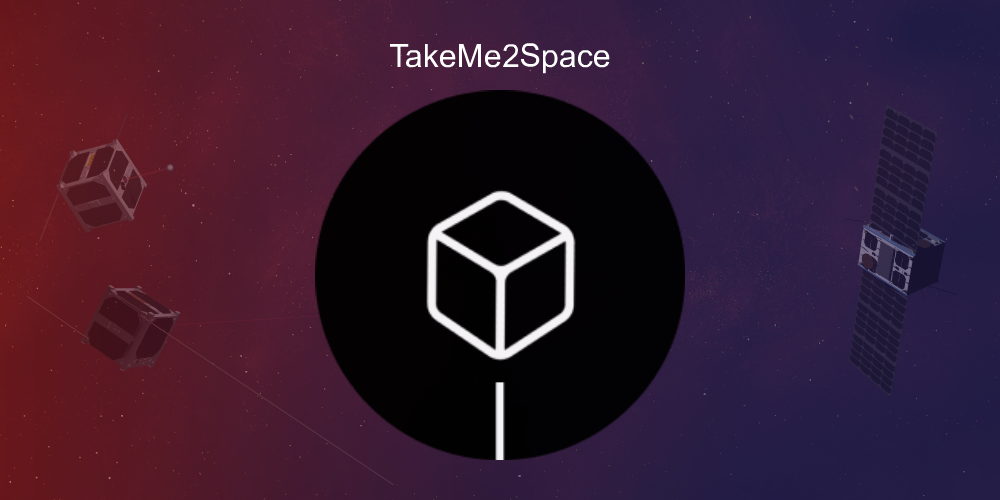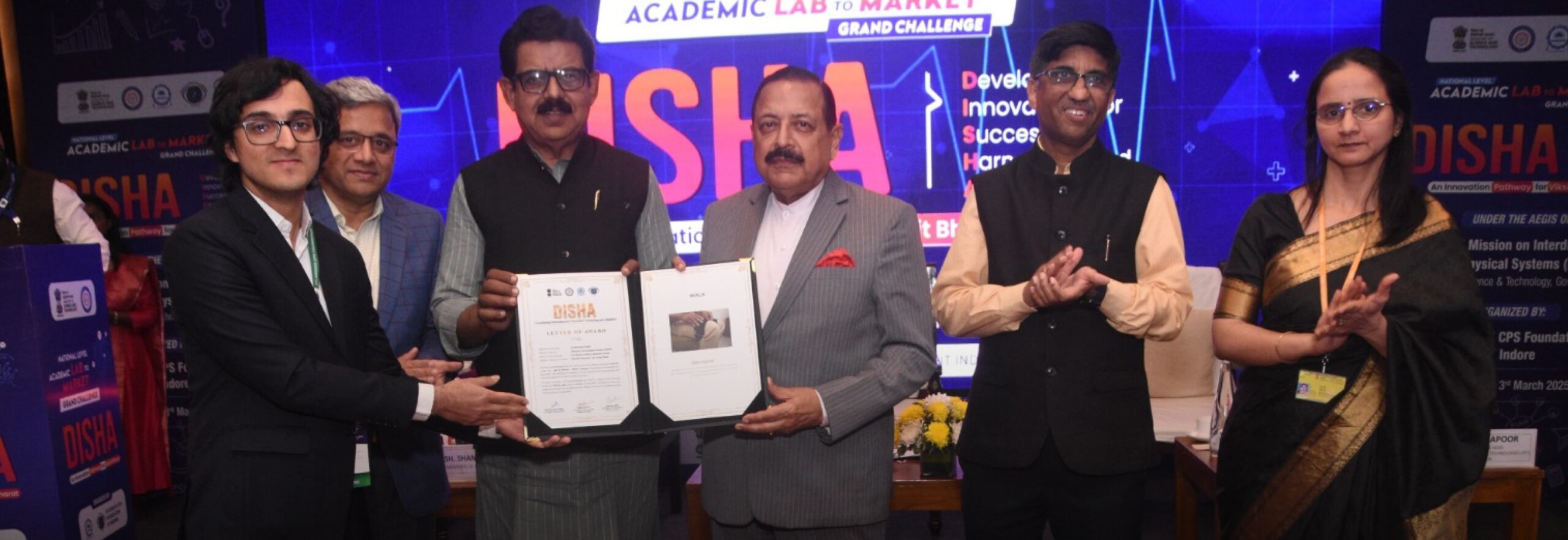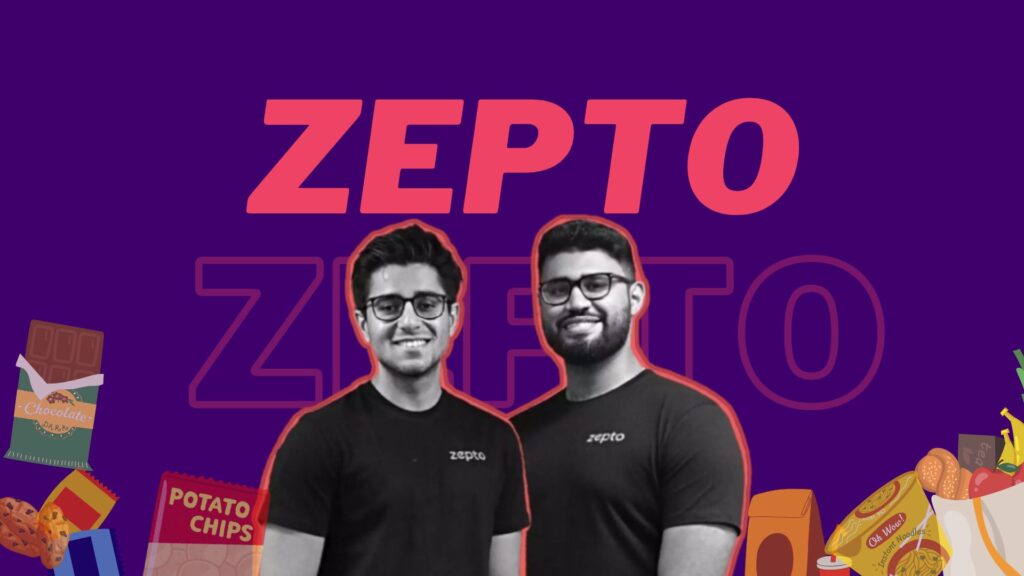
Overview
They say you need experience to start a successful company. They say you need an MBA from a top B-school to attract investors. They say you need years of industry experience to become a unicorn. But some people don’t wait for the “right time.” Some people see a problem, take a risk, and rewrite the rules before the world even realizes what’s happening.
That’s exactly what Aadit Palicha and Kaivalya Vohra did when they built Zepto, India’s Grocery Delivery Unicorn.
At just 19 years old, these childhood friends dropped out of Stanford University, returned to Mumbai, and built a company that went from a pandemic-born idea to a billion-dollar unicorn. At an age when most people are still figuring out their careers, they were raising millions, building warehouses, and creating India’s fastest-growing quick commerce company.
But if you think their journey was a straight path to success, it wasn’t.
Let Startup Shiksha help you understand how Zepto started in a locked-down apartment, survived against all odds, and became a game-changer in India’s startup ecosystem.
Two Friends, One Big Dream
Aadit and Kaivalya had known each other since childhood. Growing up in Mumbai, they were fascinated by technology and problem-solving. Unlike most teenagers, they didn’t just consume apps—they built them.
Even before finishing high school, Aadit had created GoPool, a ride-sharing app designed to reduce traffic congestion. The idea caught the attention of the Dubai government, proving that even at a young age, he had the ability to identify problems and develop real solutions.
Kaivalya, on the other hand, was deeply passionate about coding. While others were playing video games, he was writing complex algorithms and building systems. In one of his interviews, he shared that just before his Class 10 economics exam, he built an app that could convert text in image form into audio, which he used to listen to while working out. He had the kind of technical expertise that made things possible.
Their passion for building things led them to Stanford University, where Aadit pursued Computational Mathematics, and Kaivalya studied Computer Science. They were on track for a bright future in Silicon Valley—until the pandemic changed everything.
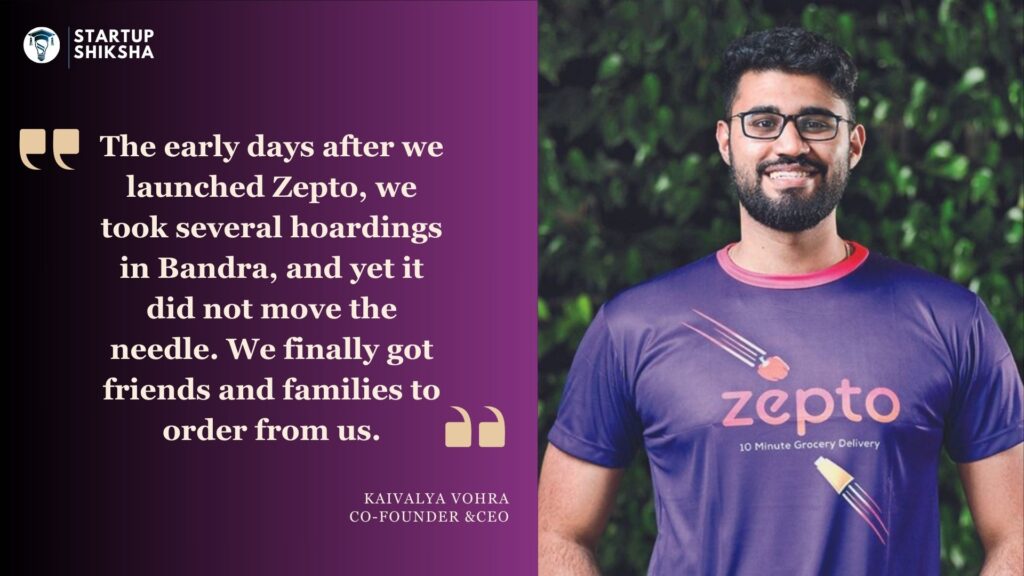
Lockdown, Frustration, and the Birth of an Idea
Great startups often begin with personal frustration. For Aadit and Kaivalya, it was a struggle to get groceries during the COVID-19 lockdown. Stuck in Mumbai, they watched how traditional grocery delivery services took days to fulfill orders. Essentials were delayed, and the market lacked a system for ultra-fast delivery.
That’s when an idea struck them—what if groceries could be delivered in minutes instead of hours or days?
But before Zepto, there was KiranaKart, their first attempt at solving this problem. The startup promised deliveries within 45 minutes by partnering with local kirana stores. They even raised $730,000 in funding. However, despite the excitement, KiranaKart didn’t work as planned. The execution was difficult, demand wasn’t consistent, and the market wasn’t responding the way they had hoped.
Most people would have given up. But Aadit and Kaivalya weren’t most people. Instead of shutting down and moving on, they pivoted. They took all the learnings from KiranaKart, refined their model, and launched Zepto.
Zepto’s 10-Minute Revolution
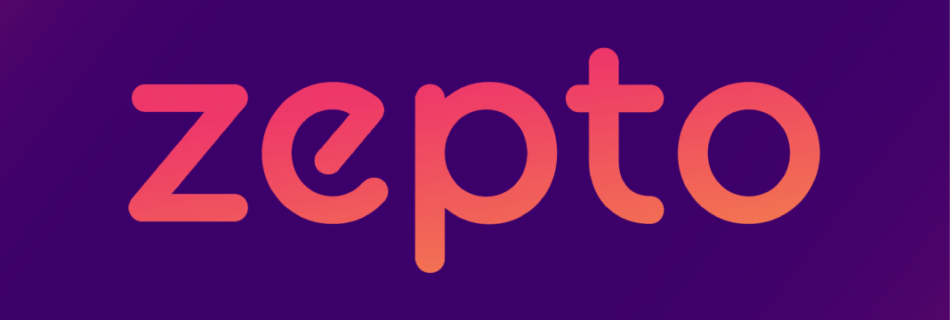
Ever wondered why it’s called Zepto? The name comes from “zeptosecond,” a unit of time so small (10⁻²¹ seconds) that it’s almost unimaginable. But for a company obsessed with speed, it was the perfect fit.
Unlike their first venture, Zepto didn’t just rely on existing kirana stores. Instead, they introduced the dark store model—small, hyperlocal warehouses designed for ultra-fast fulfillment. With strategically placed warehouses, optimized routes, and a deep understanding of delivery logistics, Zepto promised something unheard of in India—groceries at your doorstep in under 10 minutes.
Becoming India’s Grocery Delivery Unicorn
Zepto wasn’t just another grocery delivery service. It was a fundamental shift in how Indians shopped for essentials. Within months of launching, Zepto raised $60 million, then $100 million, and soon after, another $200 million. By mid-2023, it had hit a $1.4 billion valuation, making it India’s 111th unicorn—all while many startups were struggling due to a funding winter.
Their growth was unprecedented.
In an industry where most startups burn through cash, Zepto focused on efficiency and profitability.
- They expanded strategically instead of launching in every city.
- They optimized costs while maintaining ultra-fast deliveries.
- They diversified product offerings, introducing categories beyond groceries.
“People thought we were crazy. But we knew that if we executed well, this would be a game-changer,” Aadit once said in an interview. And he was right!
A Masterclass in Modern Marketing
While Zepto’s fast deliveries and operational efficiency built its business, its marketing playbook built its brand. One of the most talked-about marketing moves in recent times was Zepto’s LinkedIn campaign for Zepto Café. Instead of spending millions on traditional ads, Zepto took an unconventional approach—turning its own employees into brand advocates.
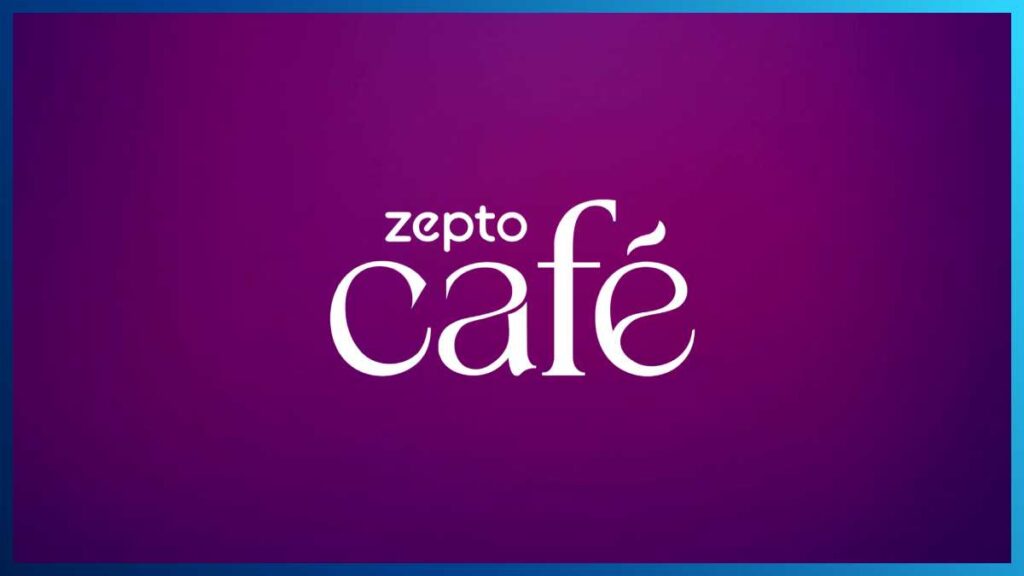
LinkedIn was soon flooded with posts from Zepto employees, all raving about their morning coffee experience.
Even senior leadership joined in, making the campaign feel authentic, organic, and highly engaging.
LinkedIn: Kaivalya V.
But Zepto’s marketing didn’t stop there. During Diwali 2024, Zepto launched its “Make Soan Papdi Great Again” campaign—giving the infamous festival sweet a much-needed rebrand. And then came Zepto’s Period Care Box initiative—a campaign that proved Zepto isn’t just about selling products, but also about starting meaningful conversations.
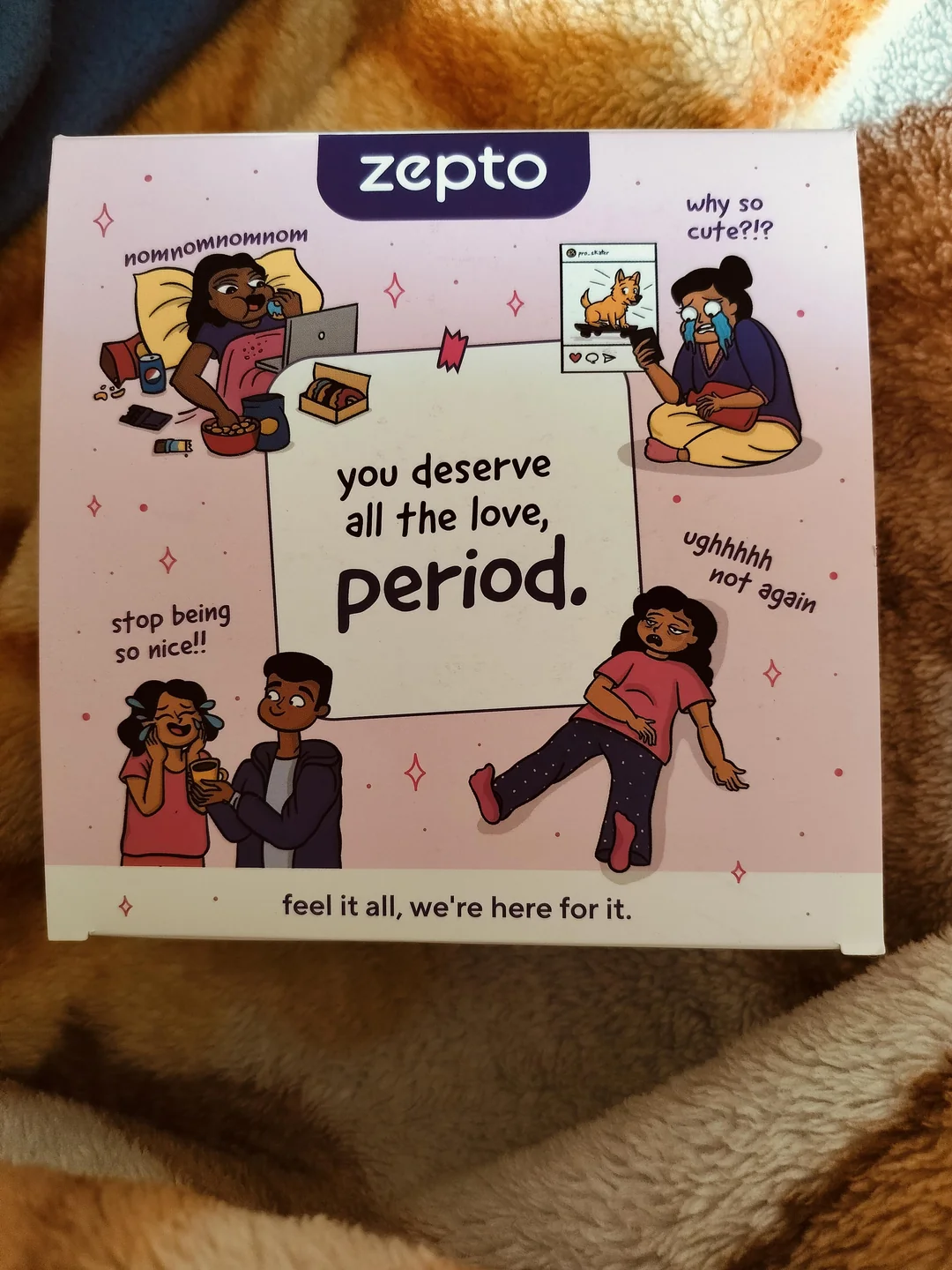

Conclusion
Zepto was built on a simple yet powerful idea—what if you could get everything you need in 10 minutes? What started as a risky bet has now become one of India’s biggest startup success stories.
With 1,200 dark stores in the pipeline, Zepto Café scaling rapidly, innovative marketing, and an IPO on the horizon, Zepto is playing a long-term game in a fast-moving industry.
The quick commerce race is still being run—but if there’s one company that’s leading the pack, it’s Zepto.







